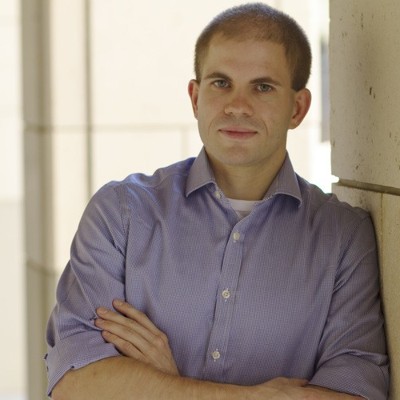- Tóth Kálmán u. 4., 1097 Budapest HUNGARY
- +36 1 309 2651
- lab@anet.krtk.mta.hu
- @AnetiLabs

Henning Piezunka (INSEAD): Renewal of interfirm collaborations: a theory of (mis)aligned perception
Abstract | Competitive tension is a common problem in inter-firm collaborations, often leading to disappointment and eventual dissolution of the relationship. Yet prior work suggests that partners should be able to foresee and manage competitive tension. Why, then, does competitive tension remain an issue in inter-firm collaborations? We suggest that whether partners actually perceive each other as competitors is a key yet understudied aspect of how competition shapes collaboration. We hypothesize that misaligned perceptions where one firm perceives the other as a competitor, but not vice versa, lead to misplaced expectations about partner behavior and collaboration outcome, and thus to expectancy violations and mismanagement of the collaboration. Consequently, collaborations with misaligned perceptions are the least likely to renew. We test our theory by leveraging a longitudinal dataset of collaborations in the US enterprise software industry and find indeed that collaborations where the perceptions are misaligned tend not to be renewed. An examination of structural context illustrates how third parties can moderate the effect of misaligned perceptions. We contribute to the literature on interfirm collaboration and perception in social networks.
Bio | Henning Piezunka is an Associate Professor of Entrepreneurship and Family Enterprise at INSEAD and a Visiting Professor at Wharton Business School at the University of Pennsylvania. He studies how organisations can tap into the knowledge of their members to foster greater inclusion, innovation and diversity. He has also conducted research into the crowdsourcing of ideas and the wisdom of the crowds. In another stream of research, Henning studies collaboration and competition, such as the factors that escalate competition into dangerous conflict. He has further researched succession in family firms and how people can improve their ability to interact with others by leveraging Artificial Intelligence (AI).
Henning obtained a PhD at Stanford University, a Master of Science at the London School of Economics, UK, and a Diploma Kaufmann from the University of Mannheim, Germany. Before starting his academic career, he co-founded a web design company in 1998 and acted as its founder-CEO until selling it in January 2016. By 2016, Henning’s company employed more than 30 people and served customers in more than 80 countries.